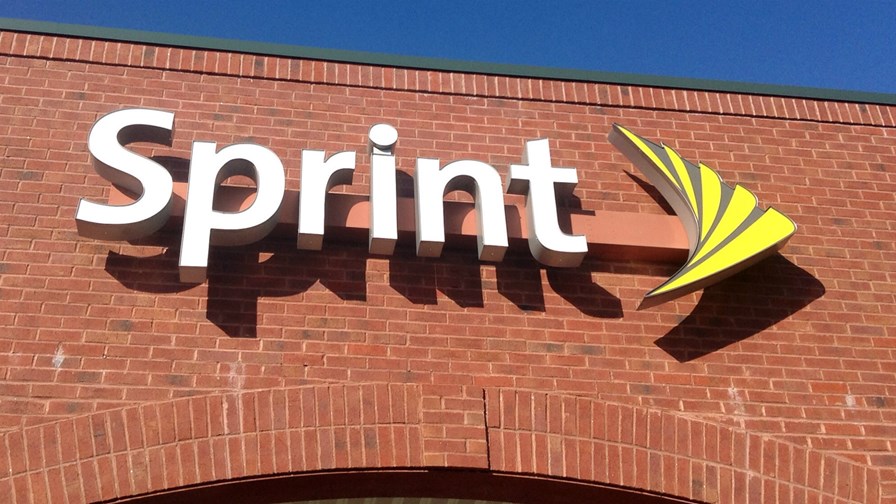
via Flickr © JeepersMedia (CC BY 2.0)
Sprint appeared last month to have nailed its colours to the net neutrality/Title II mast, in a letter submitted to the FCC. Now it’s followed up and rammed the point home. It appears that the still-ailing US number three operator sees Title II as an opportunity to improve its competitive positioning against AT&T/Verizon while garnering a few brownie points from potential users at the same time.
Sprint’s Chief Technology Officer, Stephen Bye reiterated the Sprint stance in an interview with Reuters this week: “We took a step back and said, [Title II] works in the interest of our customers, our consumers and the industry and we frankly found some of the arguments (of our competitors) to be less than compelling.”
Bye pointed to the FCC’s recently-concluded AWS-3 auction which garnered $44.9 billion as a “great proof point of the level of investment the companies in the industry are willing to make”.
It’s all very public-spirited but there’s little doubt that careful analysis has convinced Sprint that Title II, if it affects anyone at all, will affect AT&T and Verizon worse. For one thing Sprint has very few wireline assets, the area many think might be impacted by strict net neutrality the most.
This break in the defensive line might be significant but there’s no evidence it’s cutting any ice with the net neutrality ‘antis’.
In fact the hyperbole knob is being spun round to 11 as political partisanship digs in for the long haul.
The five-person FCC traditionally comprises a 3-2 balance, depending on which party commands the White House - so we currently have Tom Wheeler, chairman and Democrat appointee, two Democrat commissioners and two Republicans.
As a consequence of Obama’s “intervention” in November where he publicly called for the FCC to adopt Title II to regulate broadband, the commissioners (who might have remained more bipartisan before that moment), have hardened their positions. The Republican commissioners have both characterised Wheeler’s plans in the most apocalyptic terms (government take-over etc) and the ‘anti’ neutrality arguments now seem to revolve entirely around an anti-regulation position. Meanwhile, the Democratic commissioners are thought to have also been forced to harden their positions once Obama had come out.
As for Wheeler himself, he appears to be tiring of the “endless repetition of the talking point,” as he called it in remarks made this week, referring to the accusation that in Title II he was proposing “old-style, 1930s monopoly regulation,” when he has repeatedly pointed out that his version of Title II would not involve regulating prices or forcing unbundling.
But there is the nub of the argument.
Both sides don’t believe that new rules and laws settle anything - they are just staging posts for further advance in one direction or the other.
For Republican commissioner Ajit Pai, any way that Wheeler likes to characterise Title II cuts no odds with him. He believes it would be a green light for Washington bureaucracy to micromanage the Internet. “Expect regulation to ratchet up and forbearance to fade,” he said. “The FCC is going to be deciding prices.”
Of course the reason Title II is finally to be used is because proponents of net neutrality know that any set of simple rules and regulations forged with bipartisan input are likely to be bristling with what David Isenberg called “trapdoors and escape hatches” through which ISPs and their lawyers can push the industry in their desired direction, little by little.
There are clearly ratchets at the ready on both sides.
Email Newsletters
Sign up to receive TelecomTV's top news and videos, plus exclusive subscriber-only content direct to your inbox.




